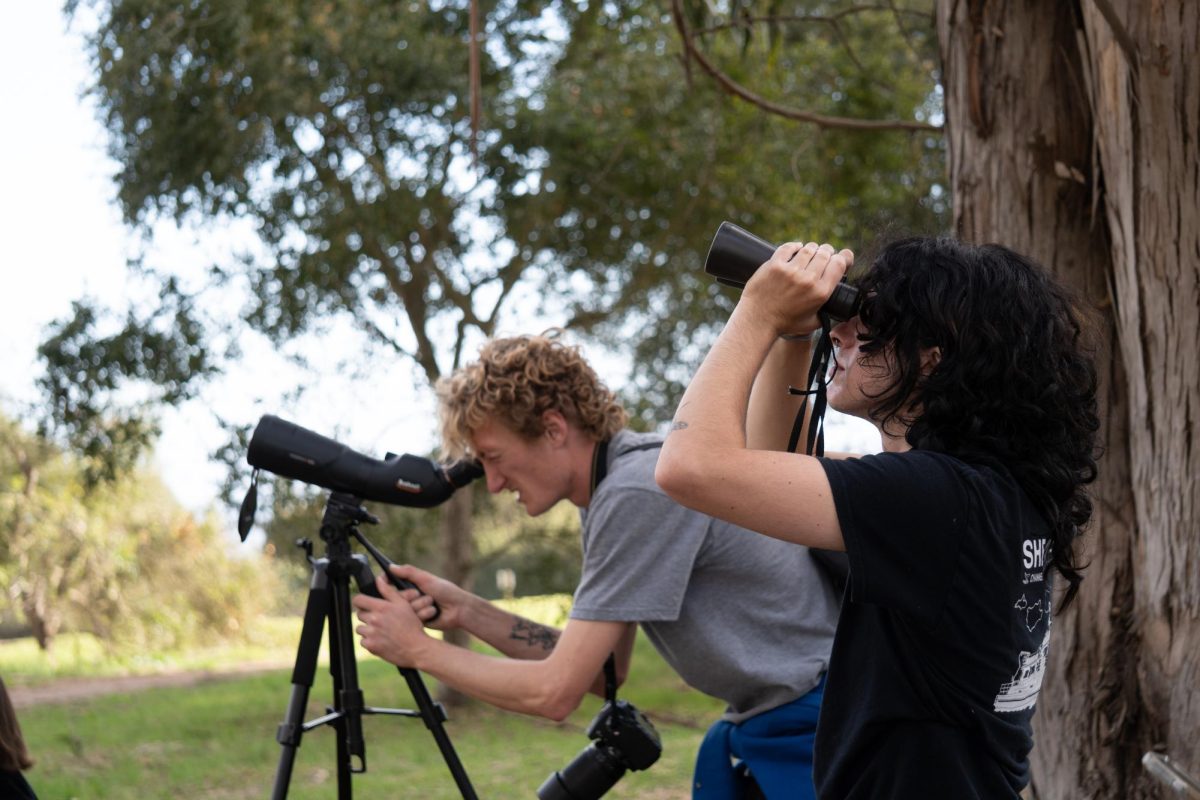Let’s be honest. Learning to manage your time is like learning to swim for the first time, except time management never seems to get easier, even after lots of practice. Okay, so it’s probably more like drowning.
So, because I want to learn to drown more gracefully, I went to a workshop on time management, organized by the Cartwright Learning Resources Center. Since those who needed the workshop the most probably missed it because of their own poor time management, here’s a handful of strategies we covered:
1. Use a Planner
Yea, they might be clunky, but they’re dependable, and having one around will give you a tangible, physical reminder to write down important deadlines, dates, and appointments.
2. Master the Weekly Plan
Whether it be an old-fashioned timetable on paper or a sleek Google Calendar, creating a visual of your week will allow you to put the Tetris side of your brain to good use as you break your time commitments into clean little blocks. You might find gaps in random places and fill them with something productive.
3. Make To-do Lists
Have you noticed a trend? It turns out there is a direct correlation between writing things down and being able to remember those things later (sorry, Google Calendar, you’re not all you’re cracked up to be).
4. Use Rewards
This rule is simple: reward things you need to do with things you love to do. First the physics homework, then the pint of ice cream. It might feel weird having to condition yourself, but sometimes that is what it takes.
5. Don’t Cram
Everyone crams when pressed up against midterms and finals, but the problem with a reliance on cramming is that you don’t get as much repetition, and your brain thrives on repetition. Try working in shorter bursts, and spread them out over several days or weeks. An hour a day makes a world of difference compared to seven hours the day before.
6. Use In-between Times
Once you get going with the weekly plan, you’ll notice those one or two hour gaps that slip through the cracks. You could use those gaps to study, exercise, or even whip together a quick meal.
7. Take a Pause
Find 10 seconds to take a deep breath, slow down, and reflect during big transitions in your day. You’ll be able to set intentions for the next event in your day and are less likely to forget to grab things you need.
8. Be Early
This one’s definitely easier said than done. Maybe some people are just blessed with this type of conscientiousness. For the rest of us, showing up earlier might be a more attainable goal. Nevertheless, trying to be early means that if something unexpected comes up, it’s that much less likely for you to be late.








